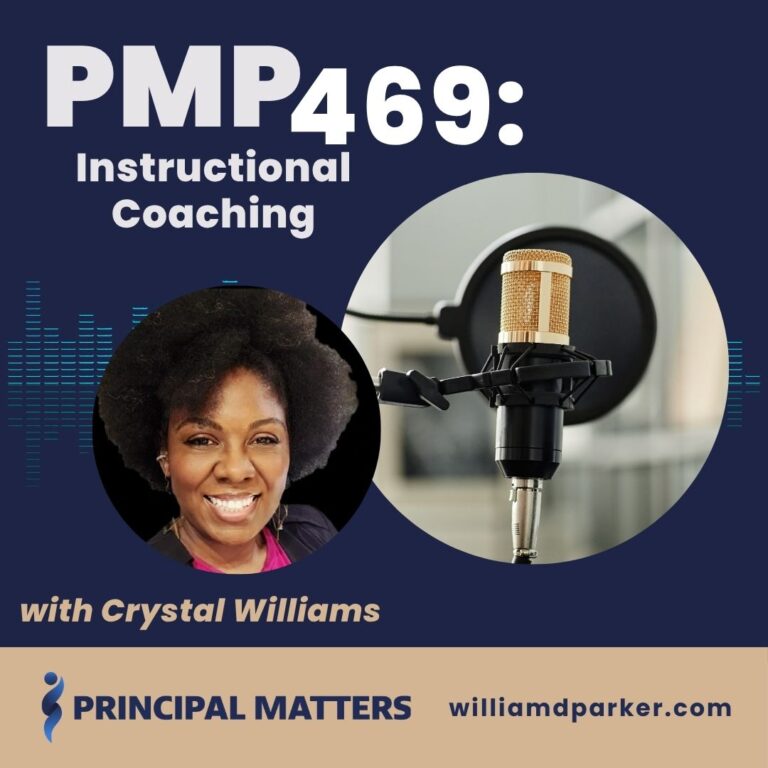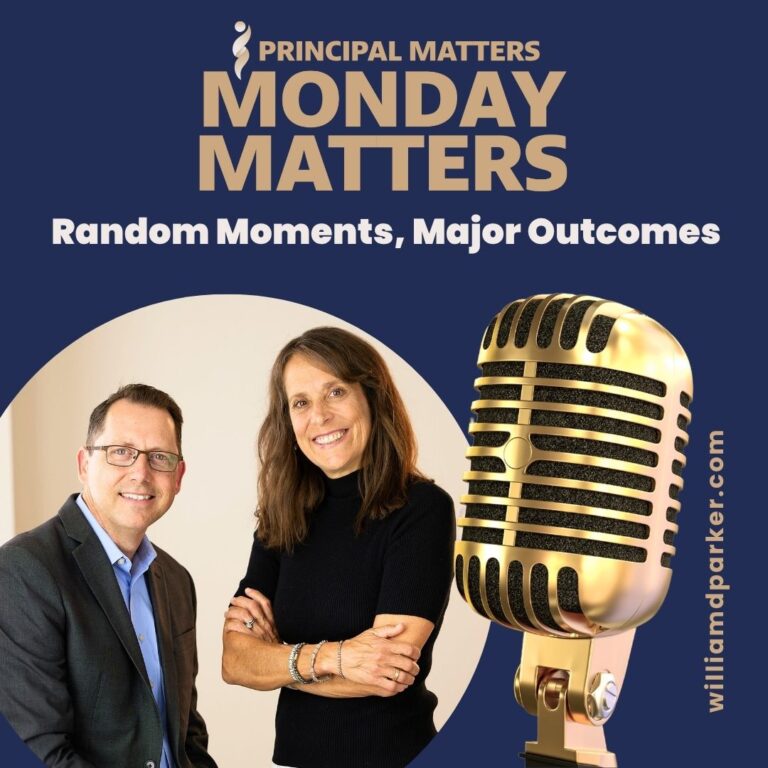Podcast: Play in new window | Download
Recently, the United States mourned the passing of Arizona Senator John McCain.

Before his death, Senator McCain was asked by a reporter what words he hoped to see on his tombstone. He replied, “I’ve been a small bit of American history, so I think if there’s something on my tombstone, it’ll be ‘He served his country,’ and hopefully you add one word, ‘honorably.’” (Source: Dailycaller.com)
How do you judge endings? In his book, When: The Scientific Secrets of Perfect Timing, Daniel Pink explains research by behavior scientists that study how people evaluate the moral behavior of others.
In this study, researchers created two versions of a man named Jim. In the first version, Jim is a successful CEO who for decades is kind to his employees, generous with his time and money, and lives a full life of service to others. However, in the last five years of his life, he becomes greedy, vindictive, and a moral failure.
The second version of Jim is also a CEO, but for decades he lives of life of self-interest, takes advantage of his employees, and he is stingy and ungenerous. But in the last five years of his life, this Jim turns a corner, becomes a man of generosity, kindness and benevolence. Which man lived the better life?
In the research, participants overwhelming chose the second Jim. Why? Because people instinctively believe that the ending is what counts. Daniel Pink calls this “end coding.” Sometimes we have a tendency to overestimate the importance of endings in the ways we think (Pink, 154-155).
I have to admit when I read the accounts, I was confronted with my own mindset about life endings. I am disappointed when a person whom I admire has a failure of trust – especially when it happens at the end of his or life. But I have never paused to ask myself why the ending to me is as (or more) important than the whole.
Do Our Experiences Change Us?
Part of the reason, I believe, is that people associate a person’s character based on how they are formed by experience, adversity or success. Michelle Obama once said, “Being president doesn’t change who you are, it reveals who you are” (Source: Npr.org).
Mrs. Obama’s quote is a good reminder that circumstances often reveal who we are. But with all due respect, I would still argue that experiences can also change you.
For example, I remember the first time as a school administrator when I managed a situation involving criminal activity on a school campus. I was a young administrator with little experience in investigating or interrogation. Sure, I had spent more than a decade in the classroom, but it was different managing school-wide policy while confronting street-smart kids–some of whom also had parents who enjoyed calling in powerful attorneys.
In the classroom, I had dealt with isolated crisis situations. But in the office, I had new perspective on day-to-day situations that brought me face-to-face with some of the worst cases of human behavior in the school– sometimes involving student misdeeds and at other times when students were victims of their own parents or guardians.
As a result, I found myself changing. Whereas, I once thought of myself as a naturally trusting person, I began to form a wariness and distrust of others. When I had once thought it easy to explain the rules, now I saw how others could manipulate or challenge policy with technicalities or lawsuits. As a result, I found myself becoming defensive, somewhat paranoid and often angry. When I received my first death threat, for instance, I realized I had crossed into a new reality of leadership.
Responding to the Ups and Downs in School Leadership
As I’ve explained before, I almost gave up on a career in school leadership. But at the end of my second year as a school administrator, a shift happened when I started shifting my focus to areas outside of the more difficult parts of leadership. I had also gained new skills in managing difficulties. In addition, I realized I couldn’t allow the very small percentage of tough cases in school to define or overwhelm the vast majority of positives happening there.
Even though I was able to come through those experiences with new perspective, I don’t believe I stayed the same person. I was no long naïve to the many challenges being faced by students and teachers on a larger school-wide basis. I was no longer convinced that decision-making was an easy process of just opening up a policy manual and following the directions. And in some ways, I probably became a bit callous or less sensitive. Like most people, I’m sure I unknowingly developed other traits, good or bad, that have inevitably influenced who I am as a person.
What Kind of Legacy Will You Leave? 5 Tips
Although our endings don’t completely define who we are, our endings do matter. And if the debate is whether or not “a life well lived” or “the ending” matters most, I imagine the answer is somewhere in the middle. Taking a closer look at the end of a story is difficult if you are in the middle of it, but I believe each of us has a longing for our endings to be good ones.
As we wrap up this series of posts on reflections for education leaders, how do you think you will look back on your own leadership experience? It is sometimes hard to see what kind of legacy you are building. But you are building a legacy. You are leaving behind stories, experiences, and relationships that reflect your influence.
As you think about your legacy, I’d like to offer a five ideas to keep in mind:
1. Remember you are not as important as you think.
I’m not sure I’ve ever heard anyone inspire someone with those words. But it is true. One of the pitfalls of leadership is believing you are larger than you really are. Someday, your school will exist without you. And the stories of your time there will fade with each passing year. I am not saying you are not important. I am saying you play one role in the many others who make up your school community.
One of the ultimate goals of leadership is the ability to step away and watch others thrive and excel without your input. Keep your focus on serving others and celebrating their wins. In the process, don’t allow those successes to give you a false sense of self-importance. You cannot serve others if your ego drives your decision-making. In Jim Collins book, Good to Great, he highlights successful business in the history of America. One trait among the greatest leaders of these companies? Their ability to quietly lead without an interest in taking credit for the successes.
“The good-to-great leaders never wanted to become larger-than-life heroes. They never aspired to be put on a pedestal or become unreachable icons. They were seemingly ordinary people quietly producing extraordinary results…” https://www.jimcollins.com/concepts/level-five-leadership.html If you want to leave a legacy, keep perspective on serving others.
2. Remember you are more important than you think.
At the risk of contradicting the last point, let me explain. Another pitfall leaders make is underestimating your influence on others. You never have the luxury of compromising on your core values. Trust is one of the most essential qualities of building thriving communities. When you break or violate trust, you damage everyone else in the community. The little things you do – the way you treat others, how you listen and include input, the concern and generosity you demonstrate –all these actions demonstrate and model what you expect to see in others.
In a world that no longer seems to believe that integrity in leadership matters, don’t be fooled. Students and teachers know who is the real-deal, and they will respect or disrespect you if your actions don’t reflect the values and behaviors you are asking of them.
3. Remember relationships are more important than anything else.
Last week I heard a veteran administrator explain to new principals that you must be friendly with everyone you lead, but you cannot be friends with everyone you lead. This is a good reminder that leadership places you in an important but uncomfortable role. As you maintain schedules, lead change, or ask others to do what is difficult, in the end, people trust you more if they believe you care about them, not if they always agree with you.
And trust is built through relationships. No amount of strategy, planning, professional learning communities or curriculum development can improve student learning absent of meaningful relationships. Relationships build the culture where learning grows.
Being focused on relationships does not mean compromising standards, policies, or expectations. It means you learn to build others up even while holding them accountable. At the end of the day, your toughest decisions will be easier to live with when you know you went out of your way to assure others they are important and matter in the process.
4. Remember courageous decisions mean you will inspire some and disappoint others.
You cannot lead others without making some people upset. If your goal is to keep everyone happy, then you will be unable to protect students or maintain higher standards for fear of upsetting people who require accountability. Accept the reality that it is okay to disappoint some while inspiring others.
When you make decisions based on what is best for your most effective teachers and students, you raise the tide for everyone else. You also keep from worrying all the time about what will upset those who default toward complaining. Good decision-making will inspire confidence in the majority of your team, and you will leave a legacy of building more celebrations than regrets.
5. Remember you never arrive and must keep learning.
Whatever you learn along the way, tomorrow is always a new day. In year 25 of my education career, I still have as much to learn as in my first year. Just a few days ago, I asked my son to teach me how to play a new video game. I didn’t ask because I want to learn how to play video games. I asked because I wanted to understand his world of play. And in the process, I was inspired and captivated by what I learned.
The world is constantly changing for all of us, but we live in an exciting time where all of us can be discovers, creators, and innovators. If you fail to stay inspired to learn new ideas or processes, you will fail to inspire others to do the same. Keep an open mind to learning and embrace new ideas. When you do, you’ll help build a stronger culture of learning.
Let’s Wrap This Up
Lux Nayran, in 2017, gave a TedTalk where he explained an interesting discovering while analyzing 2,000 obituaries in the New York Times. He took every common word used in those statements about the random lives of people, and he placed those words in a word puzzle that assigned larger text to the words used most often and smaller text to the words used less often. Want to guess which word still out larger than every other? The largest word was “help.”
When a person’s life is estimated for how he or she demonstrated a life well lived, that person was most remembered for helping others.
Now It’s Your Turn
What kind of legacy do you want to leave behind? What would you want on your tombstone? As you stay humble, use your influence for good, build meaningful relationships, make courageous decisions, and maintain a hunger for learning, you will touch the lives of others in hidden ways that may continue for generations to come. Ultimately, you cannot completely control the ending of your story. But you can remember what matters most: helping others. And if you’re lucky, like John McCain, you may you do so honorably. And that’s what a legacy is really all about.
Sign-Up For Free Updates and Ebook
When you enter your email address below, you will automatically receive my newest posts and a free Ebook, 8 Hats: Essential Roles for School Leaders. Let’s keep learning together!
Subscribe for free weekly updates and receive free e-book!
(function($) {window.fnames = new Array(); window.ftypes = new Array();fnames[0]=’EMAIL’;ftypes[0]=’email’;fnames[1]=’FNAME’;ftypes[1]=’text’;fnames[2]=’LNAME’;ftypes[2]=’text’;}(jQuery));var $mcj = jQuery.noConflict(true);
Principal Matters–The Book!

School leaders are very busy, so each of the twenty-four chapters is designed as a quick-read and followed with take-action questions for follow-up or reflection. If you want practical ideas on understanding your purpose, managing school teams, dealing with challenges, and leading with courage, action, motivation, and teamwork, go HERE to pick up a copy for you or your team.
Messaging Matters

Harness the power of messaging to create a culture of acknowledgment, respect, and celebration. Written specially for leaders, this title is divided into three parts, helping readers to maximize their role as chief communicators with students, teachers, and parents and community. Each chapter includes suggestions for using digital tools to enhance messaging and ends with reflection questions and practical next steps.




